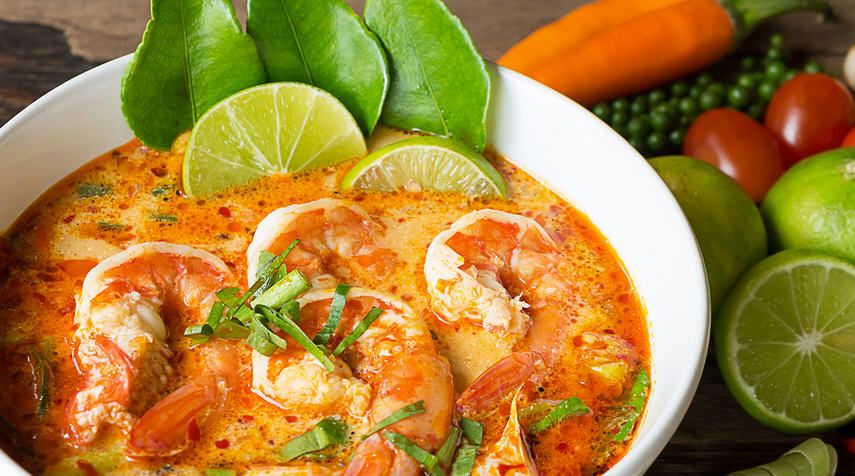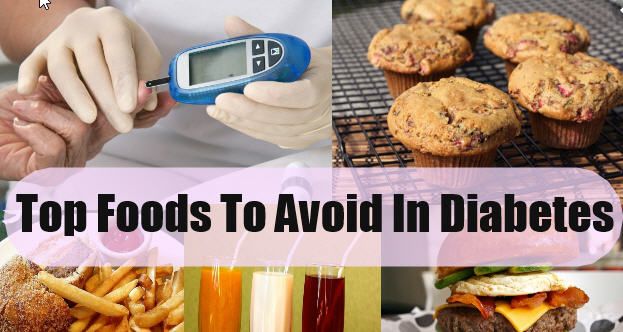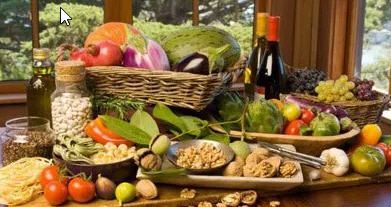
How to enjoy Thai Food If You Have High Cholesterol
Having elevated cholesterol can raise the odds of you experiencing a heart stroke in your life. In case you're following a low-cholesterol diet, you should restrain your everyday intake of food that includes cholesterol to 200 milligrams or less, as indicated by the American Heart Association. If you are someone who is fond of Thai cuisine, you might be happy to know that there are numerous Thai dishes that don't contain any cholesterol or that are low in cholesterol. That does not mean that they're all highly nutritious, so focus equally on sodium content and saturated fat as well.
With new Thai cafés opening up around the US every passing day, Thai cuisine is becoming more popular and high in demand. This delightful cuisine makes use of many different healthy foods — including vegetables, lean proteins, vegetables and fruits. Moreover, Thai food additionally makes use of various spices that add a lot of taste and flavor to your cholesterol-lowering regimen. However, one thing that should be kept in mind is that some Thai dishes also include food items that might prove to be unhealthy for your heart healthy diet. These sound tips mentioned down below will tell you the best way to consume this delicious cuisine without significantly influencing your cholesterol levels.
Appetizers
Thai inspired appetizers can be a great choice for appetizers at gatherings and parties. They are not just healthy but taste great as well. If you choose to include Thai food in what you're serving then you might want to include appetizers that consist of a lot of fruits, vegetables and lean meat such as fish or poultry. In any case, you might want to stay away from any appetizers that have been prepared through 'deep frying' since this will increase their composition of saturated fat and even trans-fat in some cases.
Hearty Soups and Salads
A large number of the soups and plates of salads found in Thai cooking are packed with numerous ingredients that are cholesterol-friendly. The products that are used in these soups and salads, for example, pumpkin, lemongrass, lime and cucumber, are very filling and give these dishes an excellent taste.
If you are someone who likes to add a lot of taste to their dishes then you might want to make use of the numerous spices that Thai cooks utilizes including cumin, ginger, turmeric and cloves. These spices add a lot of flavor and can help liven up your dish without influencing your heart-healthy diet. Coconut milk might be used to make some of the soups, which is high in saturated fat. If you feel the need to use coconut milk in your soup, you might want to use a low-fat version of coconut milk.Other than this you can also use low-fat milk to substitute for this.
Rice and Noodles
Rice and noodles don't consist of cholesterol on their own, but dishes that incorporate rice and noodles may contain cholesterol. Then again, this depends upon the other food items that these dishes may include. Any rice or noodle dish that has been prepared with vegetables only, for example, Khao phat kaeng khiao wan, that is green curry and fried rice, does not include much cholesterol. Phat wun sen made with vegetables and Kuai-tiao phat khi mao, which is a dish of fiery seared noodles, don't have much cholesterol as well.
Drinks, Snacks and Sweet Treats
Khao phan nga muan is a snack that is made using rice flour and sesame seeds dunked in bean stew sauce. Luckily, this is a snack that is free of cholesterol. Khanom bua loi is a cholesterol free dessert, which is taro blended with flour and served with coconut milk. Another tasty snack is hot man khaophot which is a cholesterol free snack that includes corn cakes served along with chili sauce. Khanom tako, a jasmine-infused coconut pudding and Khanom khrok, similar to pancakes are extra alternatives. Other than this, Thai cuisine also includes a lot of traditional teas and fruit drinks that are low in cholesterol. For instance, Nam takhrai, a lemongrass tea, and Oliang, a frosted black coffee, are two common beverages.
Main course in Thai cuisine
Most Thai cuisine usually consists of food products such as lean proteins, legumes, fruits, vegetables, and noodles. Though most of these food items are quite healthy usually, but there are some ingredients that can have a negative impact on your heart health if you are consuming them too often, such as:
- Fish sauce - a lot of Thai dishes consist of fish sauce that might have more than normal salt. If you are someone who is concerned about their salt intake, then you might want to switch to low sodium version of fish sauce or lower the amount of fish sauce that you include in your dish. Other than this you can also use miso or hoisin sauce, low-sodium soy sauce, or a mix of these both which are all accessible in your market.
- Beef and pork – Beef and pork may be included in some of these dishes, which tends to be somewhat higher in saturated fats as compared to fish and leaner poultry. To bring down the fat composition of these dishes, ensure that you exclude any visible pieces of fat before serving that might be in the dish. Other than this, you can substitute the pork or beef with turkey, chicken, fish or soy items.
- Coconut milk – Since coconut oil consists of a high fat content, in order to help reduce some of the saturated fat from your dishes, you might want to use a low-fat version of this ingredient instead.
- Butter and margarine – Some dishes are made using these butter and margarine. Instead of using butter or margarine you can use a phytosterol-rich. This will allow you to include the taste of these ingredients into the dish without the extra saturated fat.
WE SERVE THE FOLLOWING STATES
Looky Weed - Buy Marijuana Online
Looky Weed is here to help you navigate the maze of legalized marijuana. We provide you with a complete dispensary directory.




